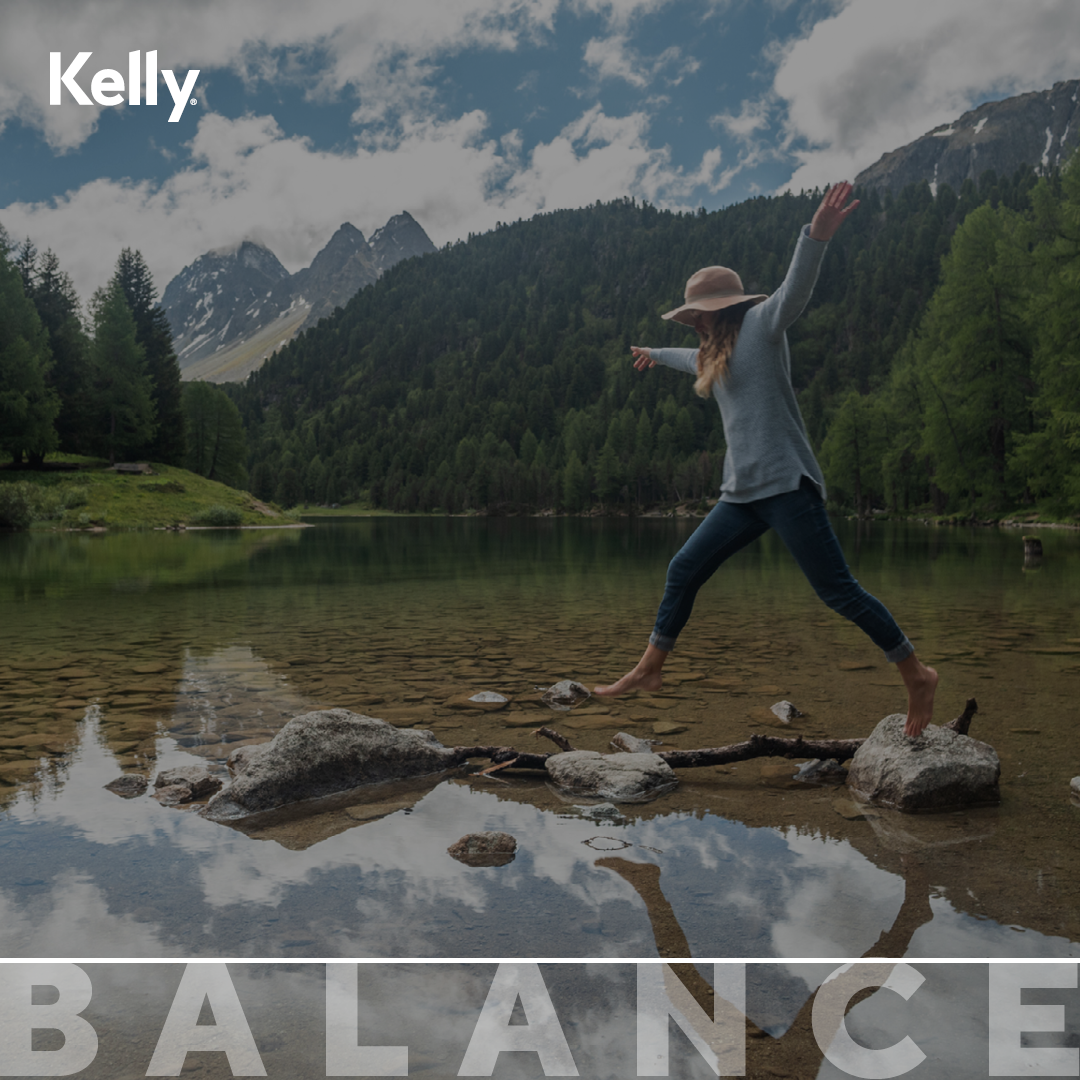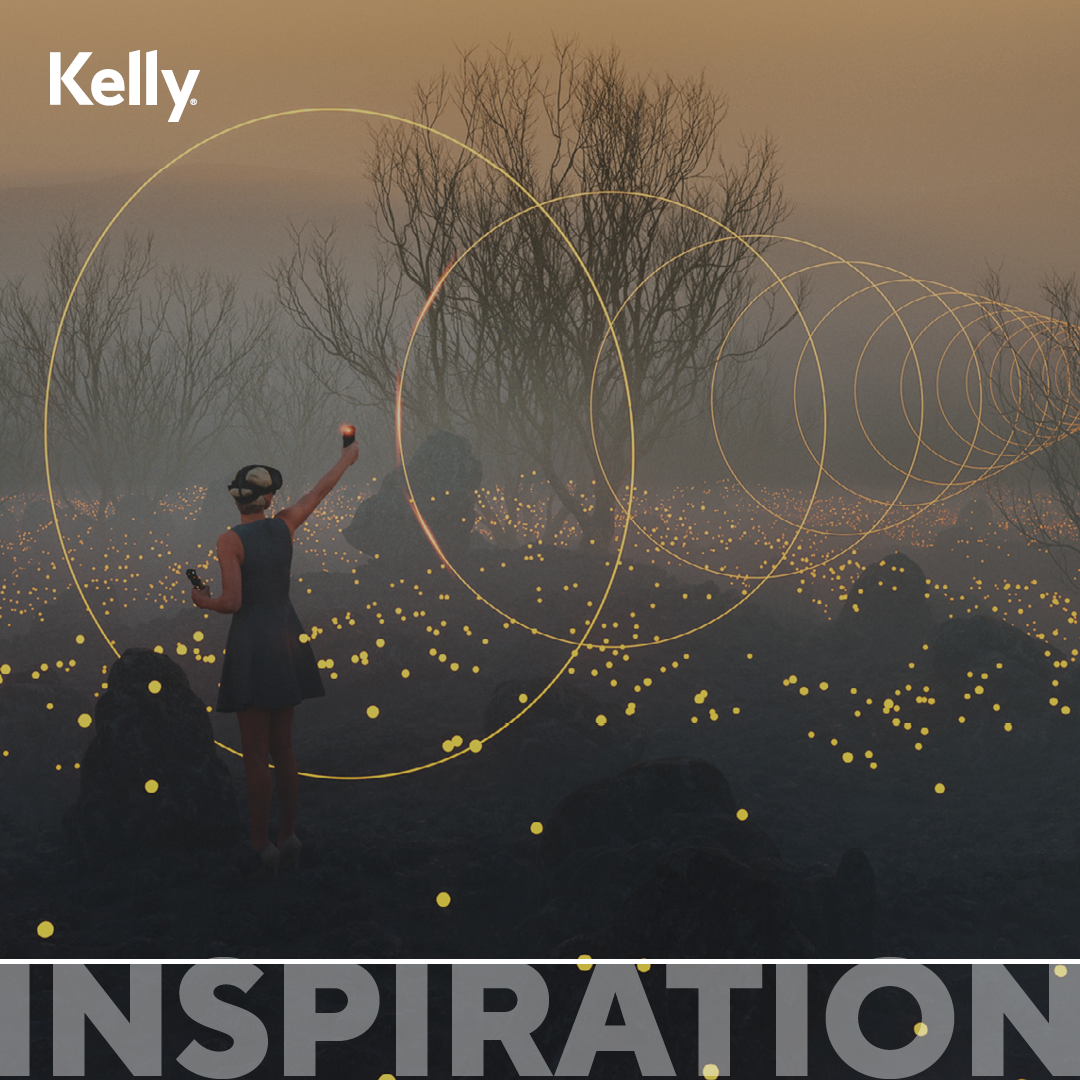
Considering a career in life sciences, but don’t think you’ve got the qualifications? Good news! There might be more opportunities than you realize.
Life sciences is a rapidly changing field at the best of times, and the past two years, in particular, have seen a huge shift in working practices. That means a host of new opportunities are opening up - and not all of them require pure life sciences skills. Here are some of the changes that the sector is going through, and what they mean for less traditional candidates and skill sets.
1. COVID-19 and the rise of virtual trials
Clinical trials are a mainstay of many life sciences organizations. But the pandemic made it very difficult - often impossible - for trials to take place in person. Instead, they were decentralized, run online and managed in a completely different way. More than two-thirds of European life sciences firms plan to conduct decentralized/virtual trials within the next three years. Virtual trials reduce costs, increase speed and improve ease of patient recruitment; they are probably here to stay!
But this industry-wide move to decentralization requires a new set of skills and a different approach to communication. Leading life sciences recruiters here at Kelly have noted an increase in demand for digitally savvy candidates.
So what does that look like? Well, people with experience in app development, UX design, wearable technology, e-consent forms and digital project management are all going to be valuable additions to their teams. Companies will be looking for a blend of life sciences and mainstream technological candidates. If you have experience or education in these areas, there’s a clear opportunity to switch into this thriving industry now.
2. Collaboration is taking off like never before
From working groups and task forces to acquisitions and mergers, almost half of late-stage pipeline assets developed in 2021 were the product of collaborations and partnerships. The pandemic highlighted the value of collaborative relationships, but also shone a light on some new challenges.
It’s never been easier to collaborate with colleagues around the world; you can just hop on a call with teammates from the USA, India and France to develop new ideas and solutions. But to make the most of these opportunities, effective communication must be prioritized. That means clear messaging, setting expectations, motivating teammates to reach targets and keeping track of complex systems online.
Life sciences businesses are going to need more and more individuals with project management, leadership and communication skills, which can all be gained through experience in other industries.
3. AI and Big Data continue to shine
A long-term trend towards using artificial intelligence and big data analytics has also been pushed forward by the pandemic, as the remote/digital processes required can be carried out largely online and help to ensure efficiency. In fact, employing AI in healthcare (in Europe) could save more than 400,000 lives, €200 billion and nearly 2 billion hours of HCP/clinician time a year.
With applications in drug development, R&D and regulatory/compliance, investment in AI is growing. While it could revolutionize the way that businesses design work, the skills required are often not available via a traditional life sciences education. Many organizations are going to be looking out for strong candidates from outside the industry who can bring much-needed data science skills to the table.
4. Greater regulatory flexibility
New, more flexible regulatory guidelines to encourage the rapid development of COVID-19 vaccinations are just the start. The European Medicines Agency and others like them are hoping to put what they have learned from this into practice in order to work more efficiently after the pandemic.
That means that in-house knowledge about regulations and compliance is going to be essential to life sciences businesses over the coming years. With flexibility comes uncertainty, so candidates that can understand, explain and ensure adherence to the rules and regulations will be absolutely key for taking advantage of the new opportunities this trend presents.
What does this mean for candidates?
The pandemic has inspired a newfound awareness of, and respect for, life sciences careers. It’s a booming sector where companies compete for skilled candidates.
If you do have life sciences skills, you can enhance your application to potential employers by showcasing examples of softer skills, instead of hiding them away in favor of more science-focussed attributes.
But if you have limited, outdated or even no experience working in life sciences, there are still opportunities waiting for you. Many life sciences candidates will have qualifications and degrees that require very intensive studying, and/or will have worked in very focussed, specialized roles. This means that softer skills, such as comms, design and project management are not always part of their repertoire.
Even if you have never considered a career in life sciences before, you might be surprised to find yourself in demand at top firms.







